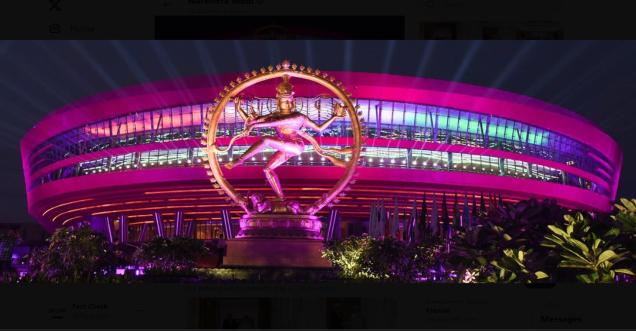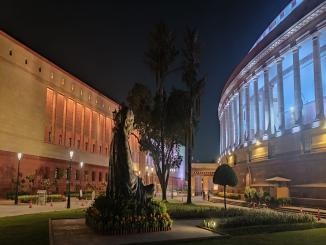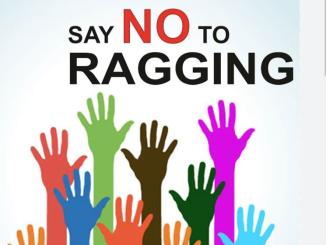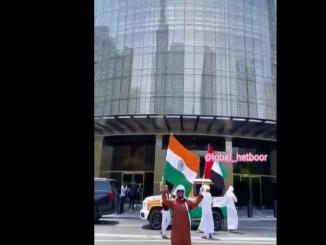
Bharat Vs India: Petitions In the Supreme Court
The names "India" and "Bharat" are both used to refer to the country that is officially known as the Republic of India. "India" originates from the Indus River, which flows through the country's northwestern part. The name "Bharat" is derived from the Sanskrit word "bhārata", which means "great land" or "land of the brave".
Both names have been used for centuries to refer to the country. The word "India" was first used by the Greeks and Romans, and it became the more common name for the country during the colonial period. The word "Bharat" was used more commonly in ancient and medieval times, but it has grown in popularity recently. There has yet to be a consensus on which name is correct or
appropriate for the country. Some argue that the name "India" is a colonial construct and should be replaced with the more indigenous term "Bharat". Others say that the name
"India" is well-known and recognized worldwide and should not be changed.
Three petitions have been filed in the Supreme Court of India seeking to change the country's name from India to Bharat.
In 2016, three petitions were filed in the Supreme Court of India, each seeking to change the country's name from India to Bharat. The petitioners argued that the name India was a colonial construct and that Bharat was the country's more ancient and authentic name.
The first petition was filed by a lawyer named ML Sharma. Sharma argued that India was a "symbol of slavery" and should be replaced with Bharat, which he said was the "original name of the country". He also argued that the name India was associated with negative stereotypes like poverty and illiteracy.
A group of students from the Indian Institute of Technology, Delhi, filed the second petition. The students argued that the name India was "ambiguous" and could refer to either the country or the subcontinent. They also argued that the name Bharat was more "inclusive" and would help unite the country's people.
A group of lawyers and activists filed the third petition. The lawyers argued that the name India was "undemocratic" and that the British imposed it on the country. They also argued that the name Bharat was more "representative" of the country's diverse cultures and traditions.
The Supreme Court has yet to rule on any of the petitions. However, the debate over the name of India will likely continue for many years.
Here are some of the arguments for and against changing the name of India to Bharat:
Arguments in favour of changing the name:
· The name India is a colonial construct associated with negative stereotypes.
· Bharat is the more ancient and authentic name for the country.
· The name Bharat is more inclusive and would help unite the country's people.
Arguments against changing the name:
· The name India is already well-known and recognized around the world.
· Changing the name would be costly and disruptive.
· There is no consensus on what the new name should be.
Ultimately, the decision of whether or not to change the name of India is a political one. The Supreme Court will likely weigh the arguments on both sides before ruling.





















